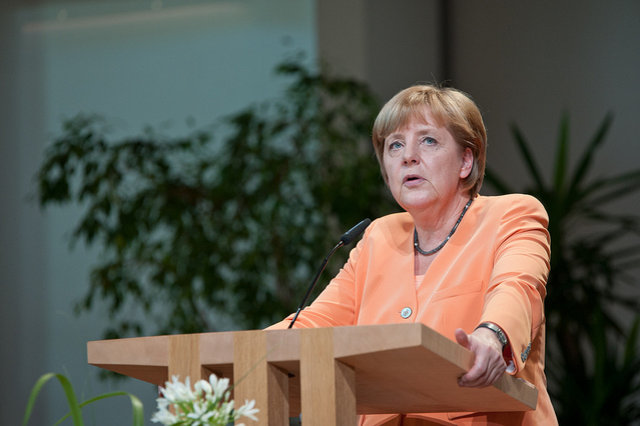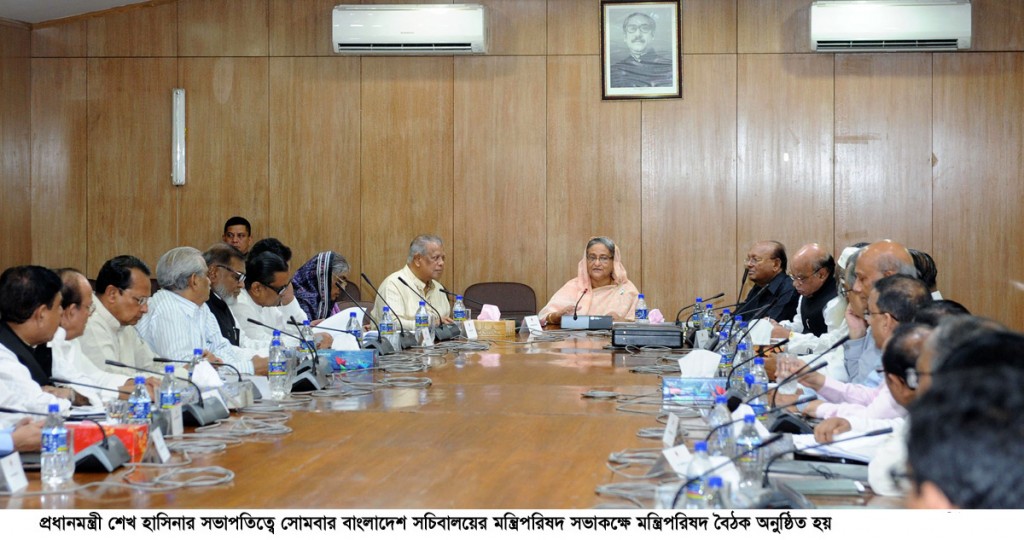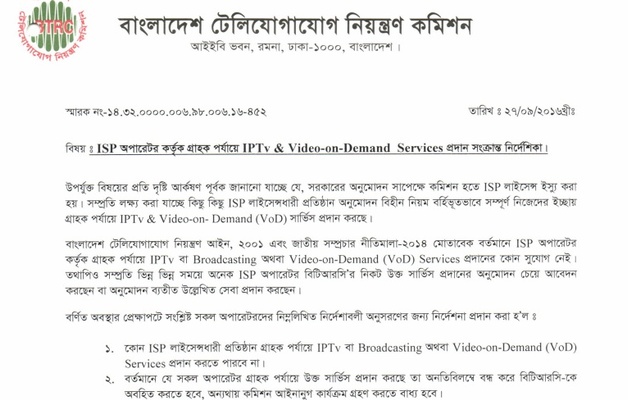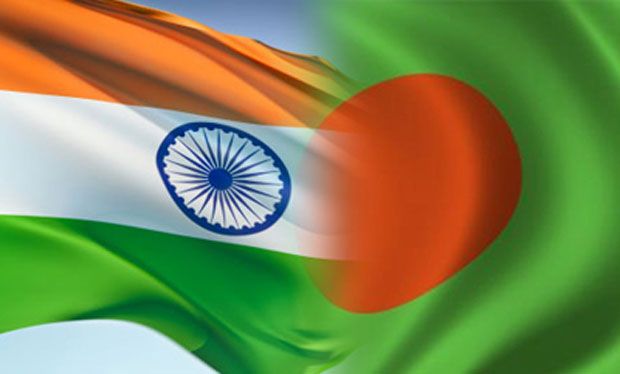Facebook CEO Mark Zuckerberg says he is working to deliver a planet-wide internet service via drones, satellites and lasers:
Today, we’re sharing some details of the work Facebook’s Connectivity Lab is doing to build drones, satellites and lasers to deliver the internet to everyone.
Our goal with Internet.org is to make affordable access to basic internet services available to every person in the world.
Facebook is working with NASA’s Jet Propulsion Lab, the Ames Research Center, and Ascenta, a U.K. company whose founders created early versions of Zephyr, whose founder created a solar-powered unmanned aircraft.
The purpose is to make sure everyone — even the very poor in developing countries — has access to the internet. So those drones are more likely to be flying over Africa than midtown Manhattan.
The project, dubbed Internet.org, is one of Zuckerberg’s passion projects. It has already added 3 million people in the Philippines and Paraguay to mobile data networks with wireless cell service operators. Zuckerberg recently flew to Barcelona to meet with big global wireless service providers to encourage them to sign on to the project. He believes that a major block to growth of the web and mobile is poverty in developing countries. People who have never been online frequently don’t see a need to have access, and certainly don’t want to be charged for it.
Facebook, of course, needs to see growth in the billions of users over time. And while free basic internet and mobile access for everyone is an idealist goal, it also creates a new source of Facebook users.
Here’s Zuckerberg’s Facebook announcement in full:
In our effort to connect the whole world with Internet.org, we’ve been working on ways to beam internet to people from the sky.
Today, we’re sharing some details of the work Facebook’s Connectivity Lab is doing to build drones, satellites and lasers to deliver the internet to everyone.
Our goal with Internet.org is to make affordable access to basic internet services available to every person in the world.
We’ve made good progress so far. Over the past year, our work in the Philippines and Paraguay alone has doubled the number of people using mobile data with the operators we’ve partnered with, helping 3 million new people access the internet.
We’re going to continue building these partnerships, but connecting the whole world will require inventing new technology too. That’s what our Connectivity Lab focuses on, and there’s a lot more exciting work to do here.
Our team has many of the world’s leading experts in aerospace and communications technology, including from NASA’s Jet Propulsion Lab and Ames Research Center. Today we are also bringing on key members of the team from Ascenta, a small UK-based company whose founders created early versions of Zephyr, which became the world’s longest flying solar-powered unmanned aircraft. They will join our team working on connectivity aircraft.
You can find more details on our efforts below. We’re looking forward to working with our Internet.org partners and operators worldwide to deploy these technologies and deliver on the dream of connecting the world.
@rrajowan / BI





































